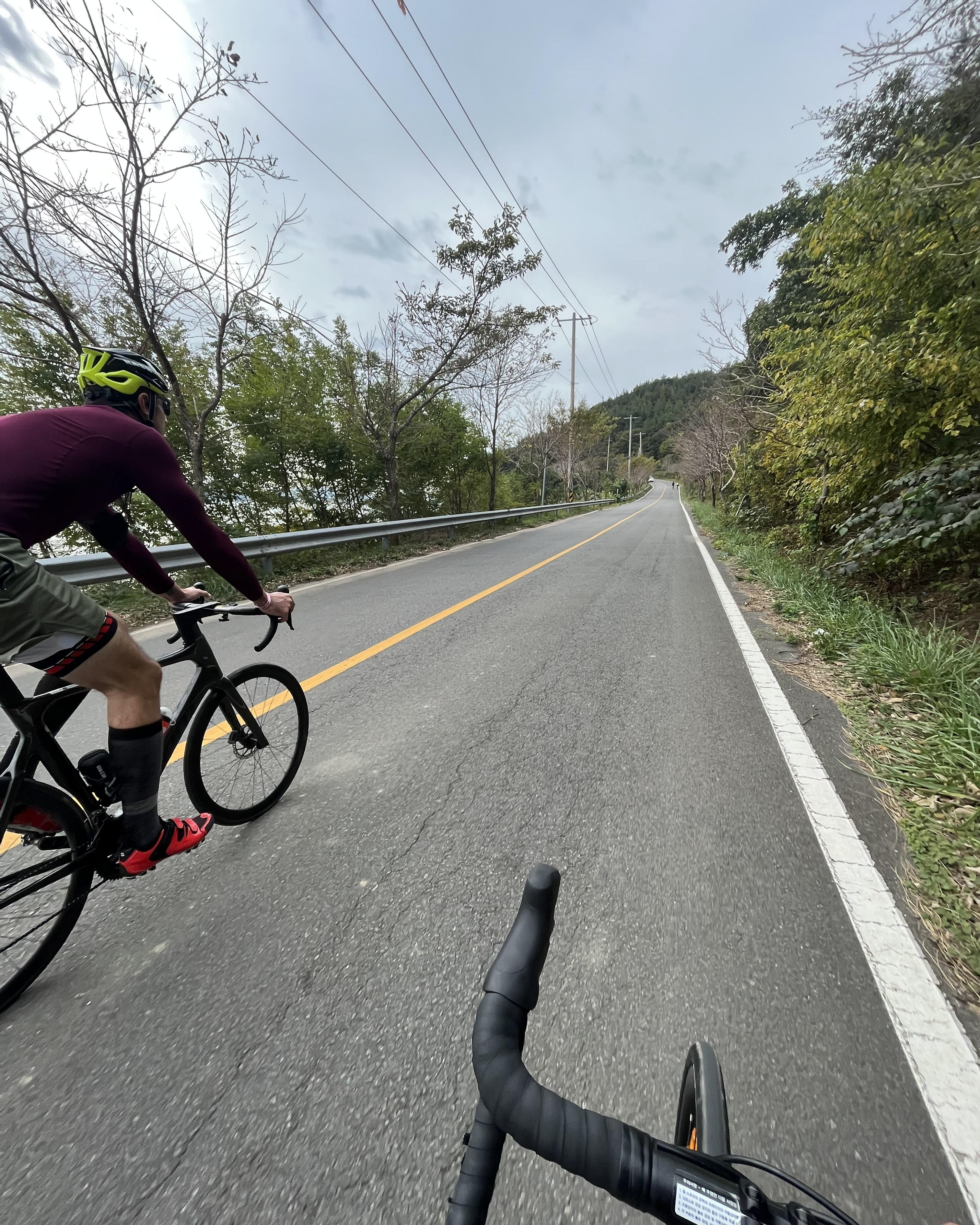The seasonal cycle in South Korea is unlike any other I’ve experienced. Winters in particular, are insufferable.
Having lived through one painfully cold winter in this country, I feel pretty well-qualified to give some advice on just what it takes to survive the cold spell as an expat in South Korea.
The first thing you should know is that South Korea has four very distinct seasons, two of which (spring and autumn) are quite short. I would say winter is the longest out of all four. Just as quickly as summer comes to an end, so winter starts. To expats like myself who are used to warmer climes, the sudden change in temperatures is a shock to the system, and even though this period might be classified as autumn, it feels more like the icy grip of winter creeping in. It’s all too unexpected and the shock of the sudden drop is enough to send you into a downward spiral of depression.
Contrast that with summer, a couple of months of intense, sweltering heat, and you can see why I detest winter. Spring is perhaps the most pleasant time but all too fleeting, and autumn – as I mentioned – feels non-existent.
With all of that out of the way, keep reading for a few tips on how to survive winter as an expat in South Korea.
1. Forget the aesthetics
This one’s more for the ladies than the gents, as winter fashion is certainly kinder to the guys. My point here is that any notion of style generally goes out of the window when it comes to keeping warm in winter. Don’t worry about looking a mess, worry about keeping warm. Style and staying warm are mutually exclusive in these parts, especially when the temperatures go into the negatives. This feeds into my next point about winter clothing…
2. Budget for a winter wardrobe
Set aside a few hundred thousand won for a few winter essentials that will make the next four months a bit more bearable. Things like the infamous long padding are essential for winter in South Korea.
Also stock up on items like turtlenecks, long-sleeved undershirts, gloves, and one which I cannot emphasise enough; thick socks. These will be your saving grace when you feel your toes freezing on those cold winter mornings. Get comfortable with the fact that you will have to spend money on buying a winter wardrobe. Not all winter clothing has to be expensive – I remember picking up a few generic fleece tops at my local clothing mart last year for only around 5000 won each. I certainly wouldn’t wear these on a weekend away, but they’re perfectly fine for day-to-day use at school.
3. Stock up on Vaseline Blue Seal
Carry it with you everywhere. Ashy knuckles and dry lips are never a good look.
4. Accept that a good portion of your paycheque will go towards your heating bill
The underfloor heating system in South Korea is called an ‘ondol,’ which is basically a system of pipes that circulate heated water. As far as I’m aware, the boiler used for this heating system is linked to the geyser (very often using gas to heat the water up). Even though this heating method is far more economical than electric oil or induction heaters, it can still be very costly – especially if you choose to leave your ondol running throughout the day. You could turn it off in the morning but come on, there’s nothing better than coming home to a toasty apartment, is there? If you go this route, be prepared for a hefty gas bill.
5. Get a boyfriend/girlfriend.
Self-explanatory.
6. Make Christmas plans
The loneliness of expat life is exacerbated over winter, and especially so during Christmas. This has to do with a couple of things: Firstly, Christmas in South Korea is almost a non-event. As a holiday, Christmas here is more geared towards couples than families. You might hear the odd Christmas carol here and there, but this is not the festive season as you know it.
Secondly, Christmas is only a single day off – there is no Boxing Day (or Day of Goodwill as it’s officially called) which means that it can be tricky to coordinate a Christmas gathering if you want to meet up with a group of friends from different parts of the country.
Right, no family and no festive – what to do? My advice would be to check your calendar and see where Christmas Day falls. If it falls on a Tuesday, for example, there’s no harm in asking your director or co-teacher for the Monday off as an unpaid day. If it falls on a Thursday then ask for the Friday off. It’s highly unlikely that you’ll be doing any actual work anyway. Make a concerted effort to get together with some friends, even if it’s just a few of you. Trust me, this will make all the difference and ease the misery of spending Christmas away from your loved ones.
If you enjoyed this article, sign up for monthly updates as I post travelogues about my trips throughout East and South East Asia, along with videos around street and travel photography.










